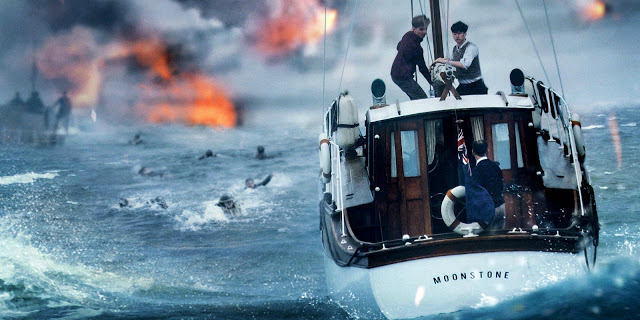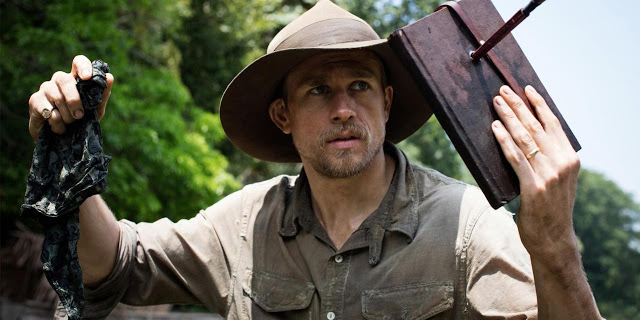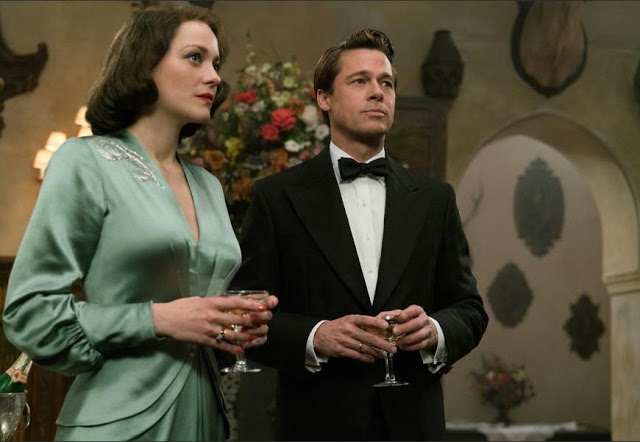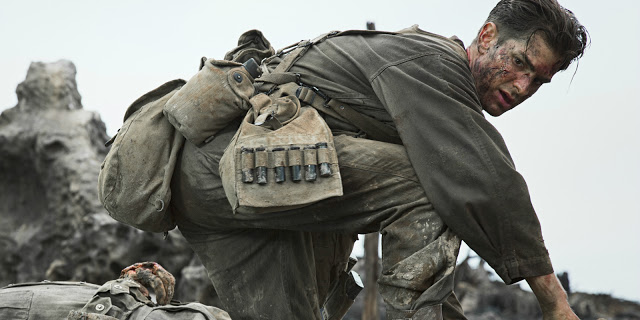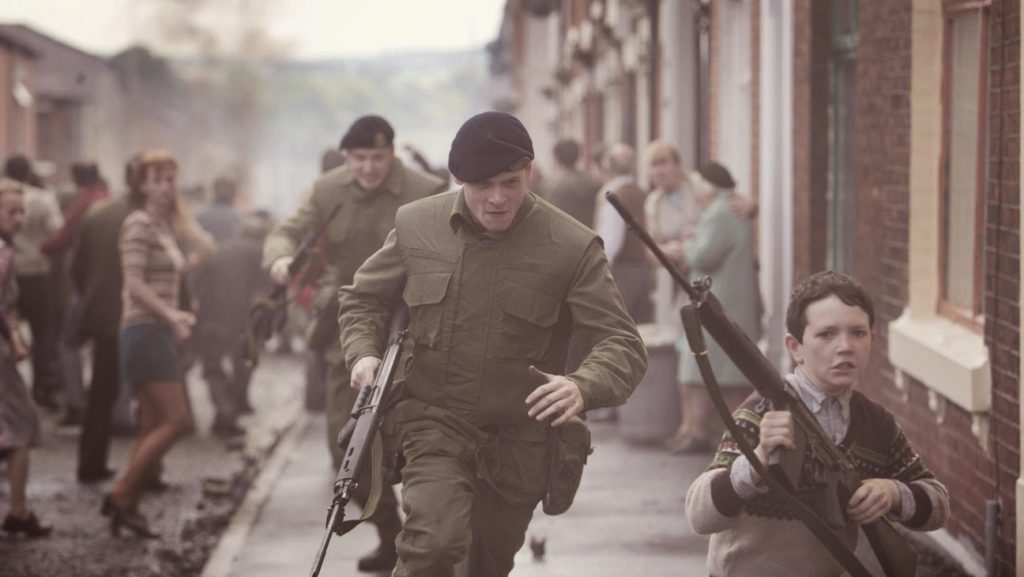Dunkirk: War Is Breathtaking Hell
There have been bloodier war movies—grisly productions committed to depicting the visceral horror as bullets tear through flesh. And there have been more provocative war movies, those that reenact armed conflict to make a political statement on its nobility or its lunacy. But there has never been, in my estimation, a war movie of such relentless, gripping intensity as Dunkirk, Christopher Nolan’s stunning World War II epic. The adjective “white-knuckle” has wilted into cliché, but as someone who spent the majority of this film with his fists clenched in involuntary apprehension, allow me to offer a word of advice: Before seeing Dunkirk, clip your nails. Otherwise, you’re liable to tear them right off.
The sheer magnitude of Dunkirk feels unprecedented, but it’s in keeping with a director who has made a career of smuggling brainy, stimulating ideas inside packages of overpowering brawn. Size matters to Nolan, and not just in the way you might think. Yes, Dunkirk is a gigantic film, shot extensively on 65-millimeter IMAX cameras, which help convey the enormity of its scale. (For the record, I watched the film projected in non-IMAX 70mm, though I intend to make a trip to the IMAX for round two.) But even as he’s painting on a sprawling canvas—showing you the vastness of a beach, the infinite reach of an ocean—Nolan is simultaneously compressing the carnage, paradoxically resulting in an expansive claustrophobia. Consider an early scene on the title city’s famous coastline: Thousands of soldiers scattered along its sands freeze in unison, their ears picking up the faint whine of an approaching German bomber. The horizon seems endless, but there’s nowhere to go. As the plane zooms past overhead, all they can do is flatten their bodies and cross their fingers. Read More

